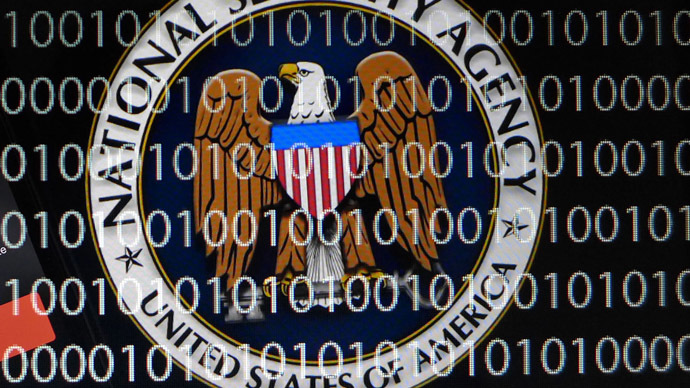NSA refuses to answer whether it spies on Congress

The US National Security Agency sidestepped the issue when a Senator penned a letter to the agency asking if it has conducted surveillance on members of Congress and other American lawmakers, saying only that legislators are just like everyone else.
Senator Bernie Sanders, an Independent who represents Vermont, sent a letter Friday asking officials if the NSA currently is “spying” or ever has on elected legislators. He defined spying as “gathering metadata on calls made from official or personal phones, content from websites visited or emails sent, or collecting any other data from a third party not made available to the general public in the regular course of business.”
The agency replied the next day with a response containing only a pledge that officials would work with Congress to resolve any concerns, yet neglected to clearly answer Sanders’ question.
“NSA’s authorities to collect signals intelligence data include procedures that protect the privacy of US persons. Such protection are built into and cut across the entire process. Members of Congress have the same privacy protections as all US persons,” replied the letter, as obtained by CNN.
US Attorney General Eric Holder offered a similarly vague answer when he was asked at a congressional hearing last summer, telling Sen. Mark Kirk (R-Illinois) that the NSA had no “intent” to spy on politicians, and that he could only disclose more details in a private meeting. Months after that hearing, though, the NSA’s response to Sanders was no less hazy.
“We will continue to work to ensure that all Members of Congress, including Sen. Sanders, have information about the NSA’s mission, authorities, and programs to fully inform the discharge of their duties,” the statement noted.
The very notion that intelligence officials did not outright deny collecting information on members of Congress has been unnerving to observers. Conor Freidersdorf, a staff writer at The Atlantic magazine, pointed out that the NSA’s explanation is an indication that it knows what it is doing.
“Put differently, a program that collects data about virtually every phone call in America cannot help but include the phone numbers that members of Congress dial, as well as the numbers of those who telephone members of Congress. That’s what happens when you hoover up information about everyone,” he wrote.
“Access to that telephone data would be extremely useful for manipulating the legislature,” Freidersdorf continued. “So is it wise to collect it and make it accessible to a secretive executive-branch agency? Even if the NSA has never abused the temptation, will they resist it forever?”














